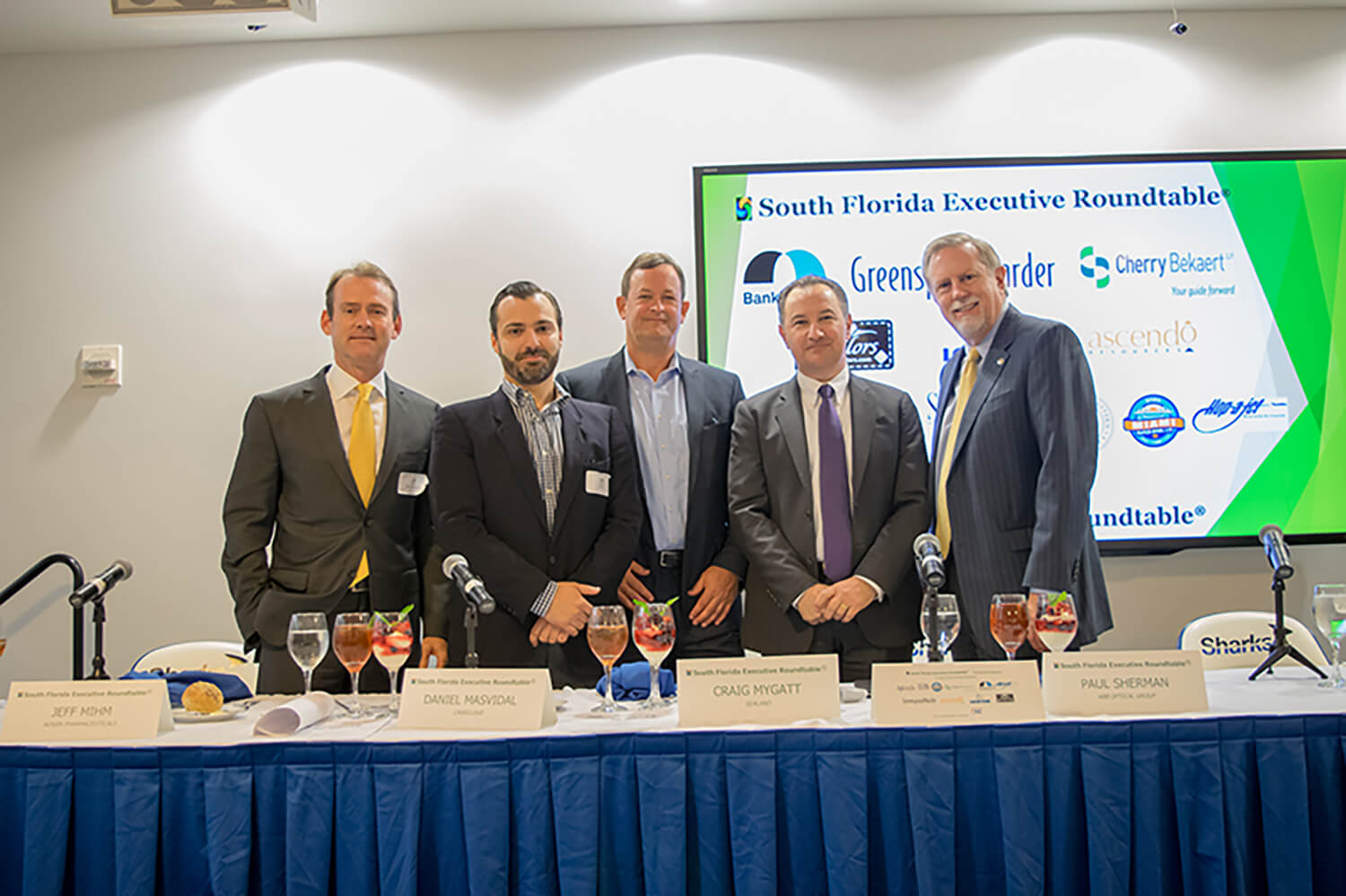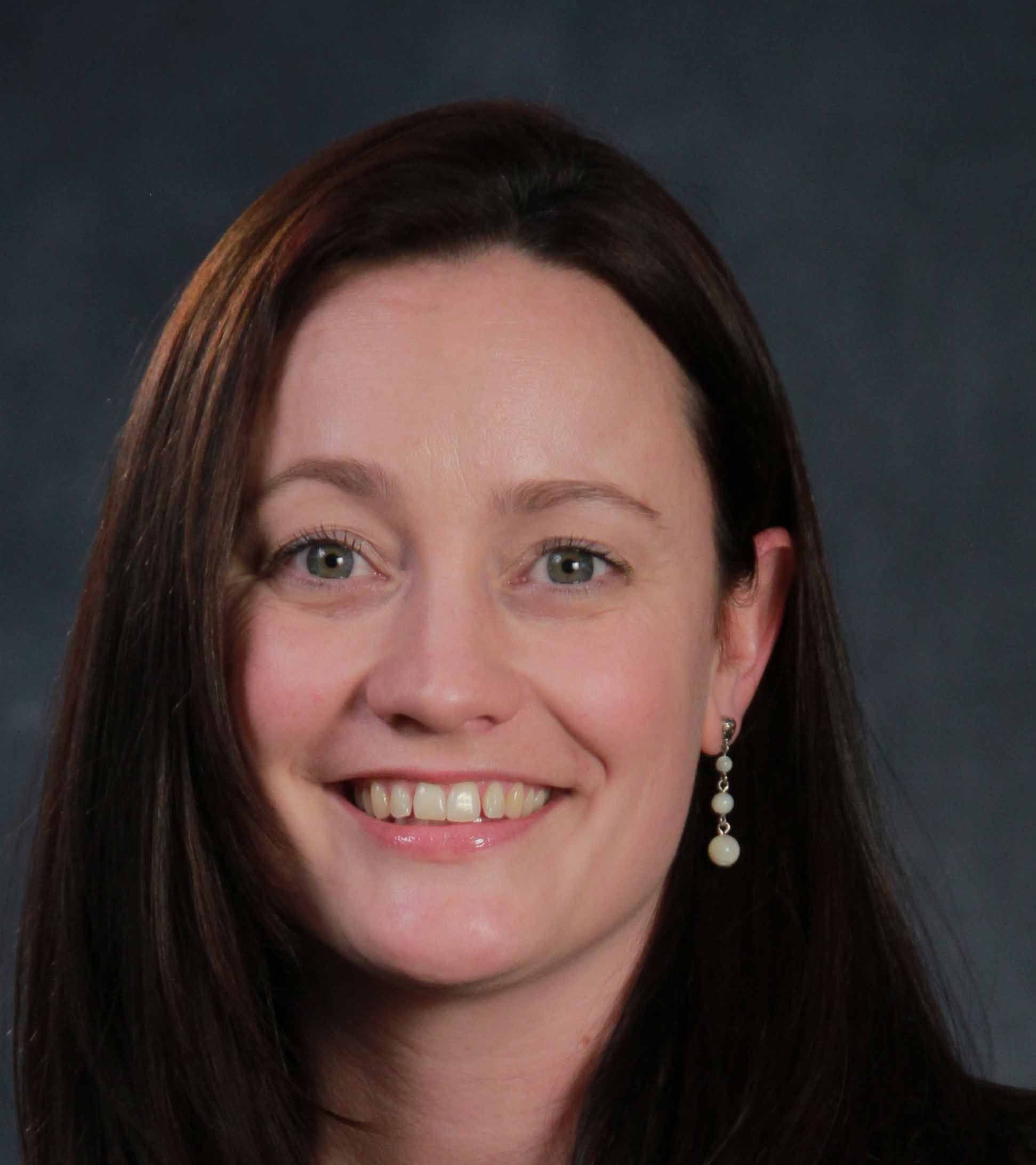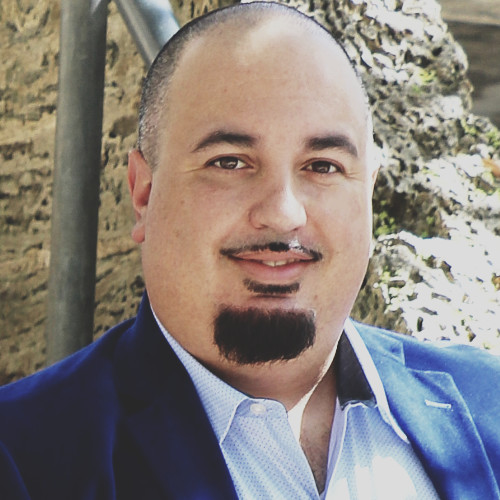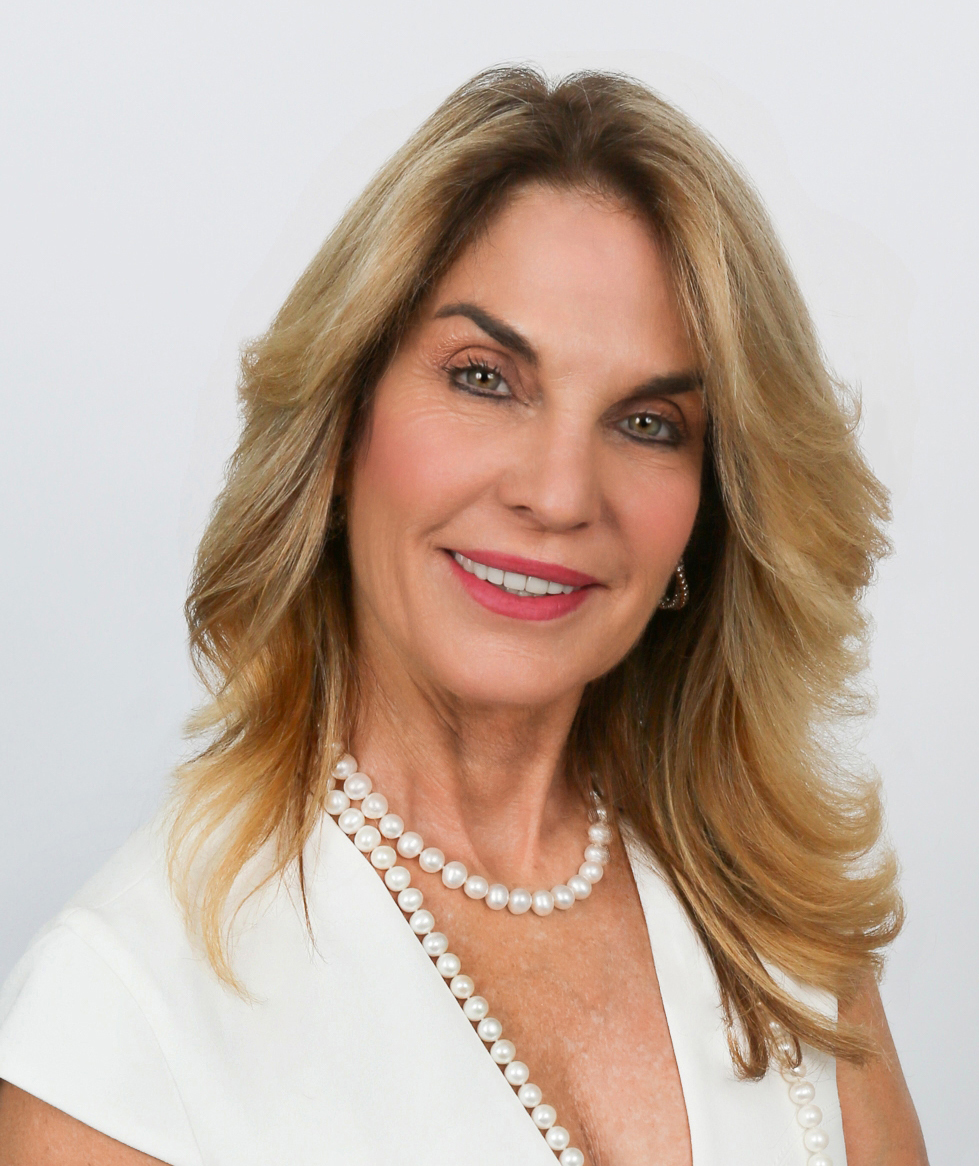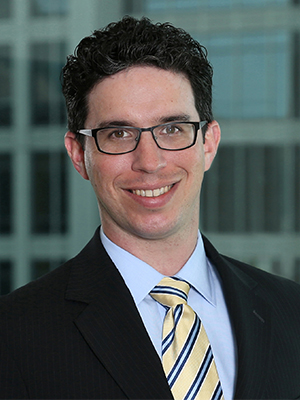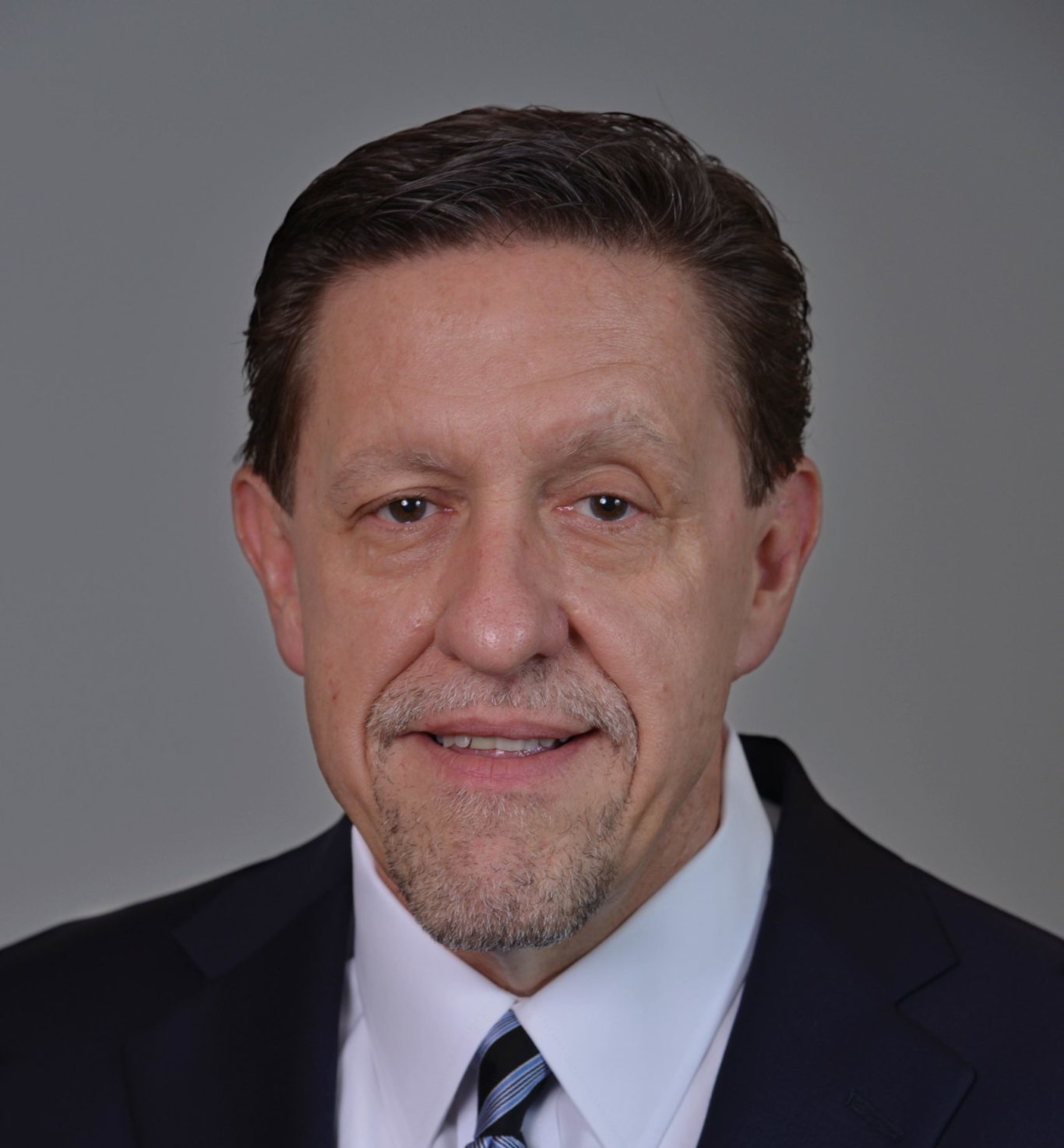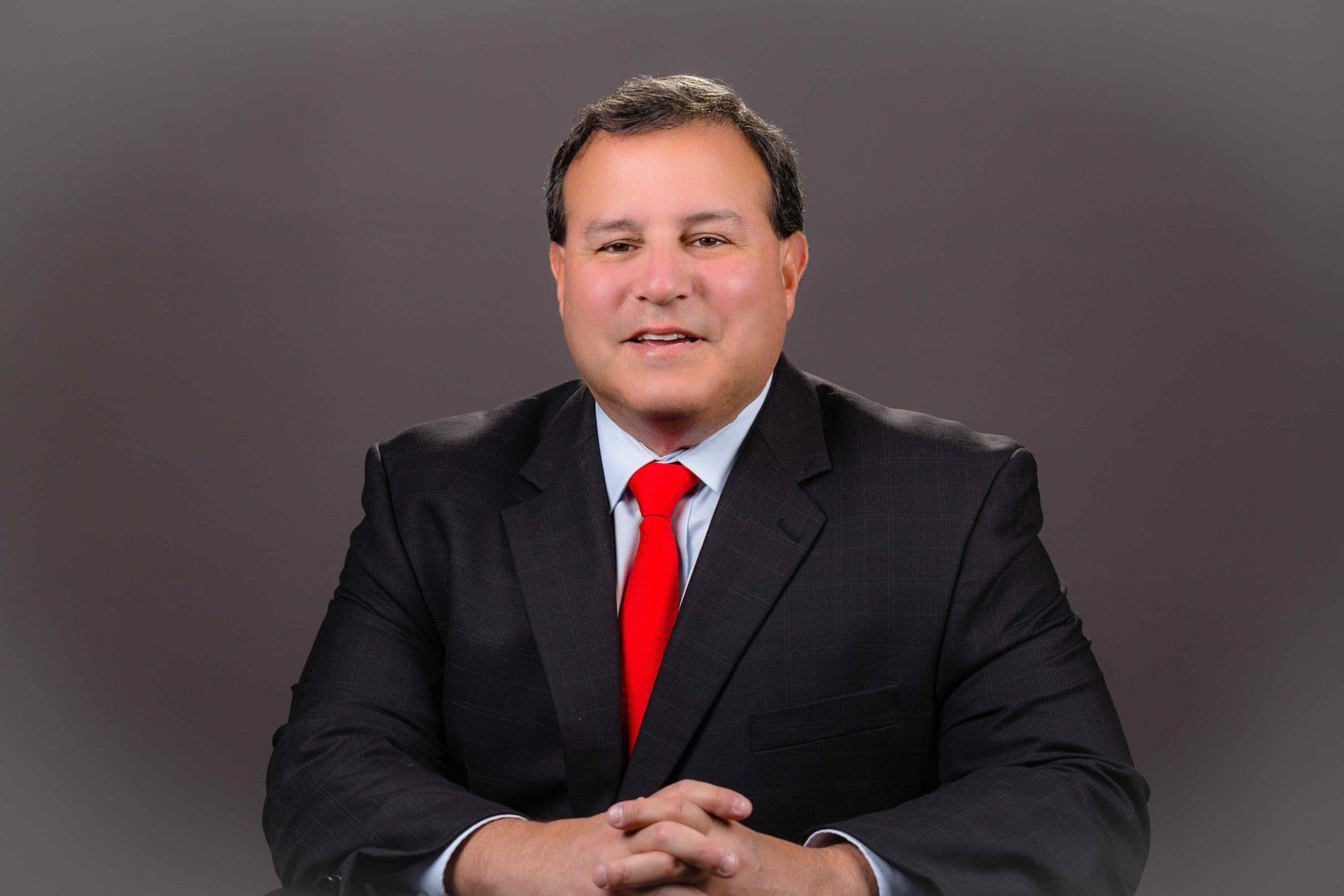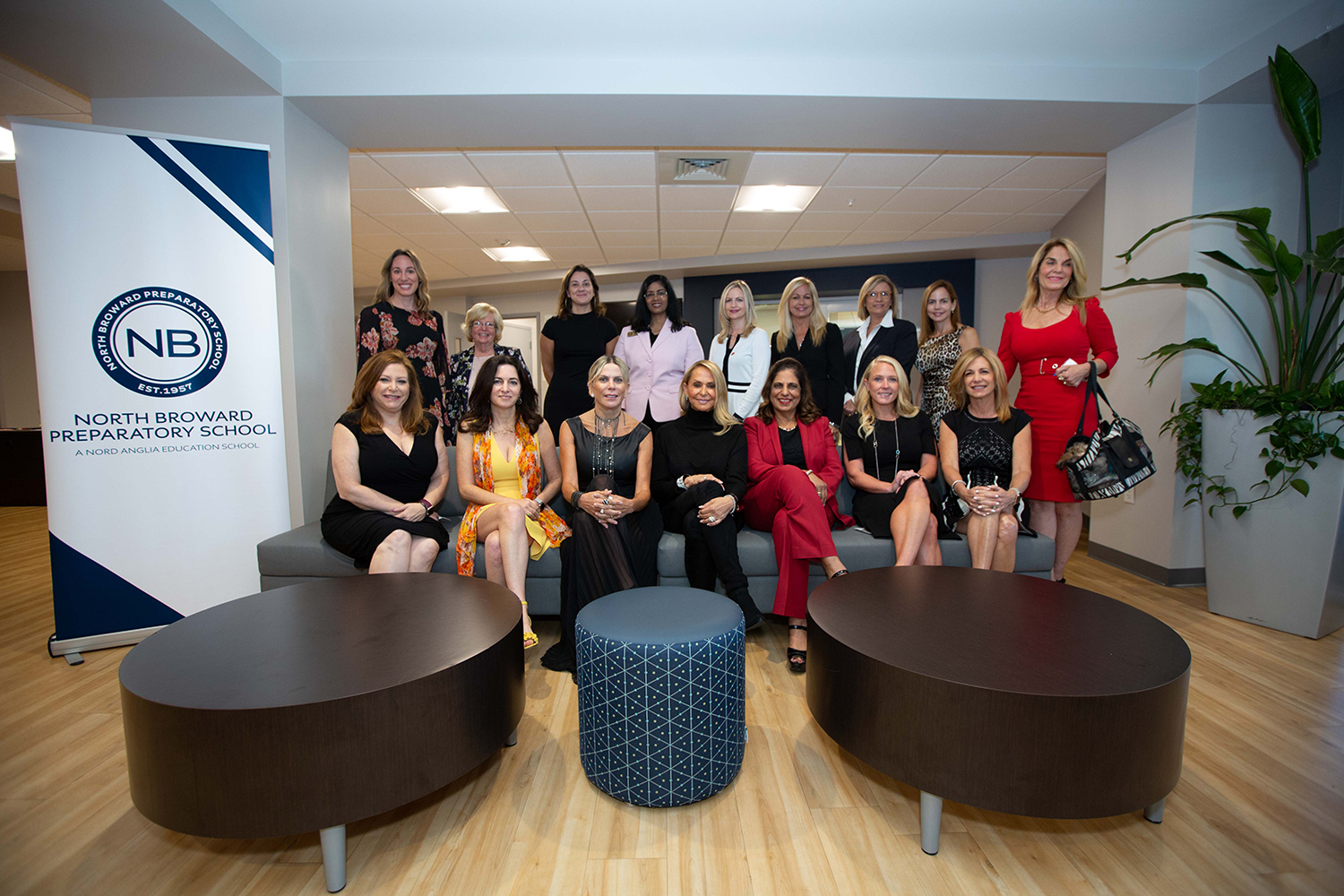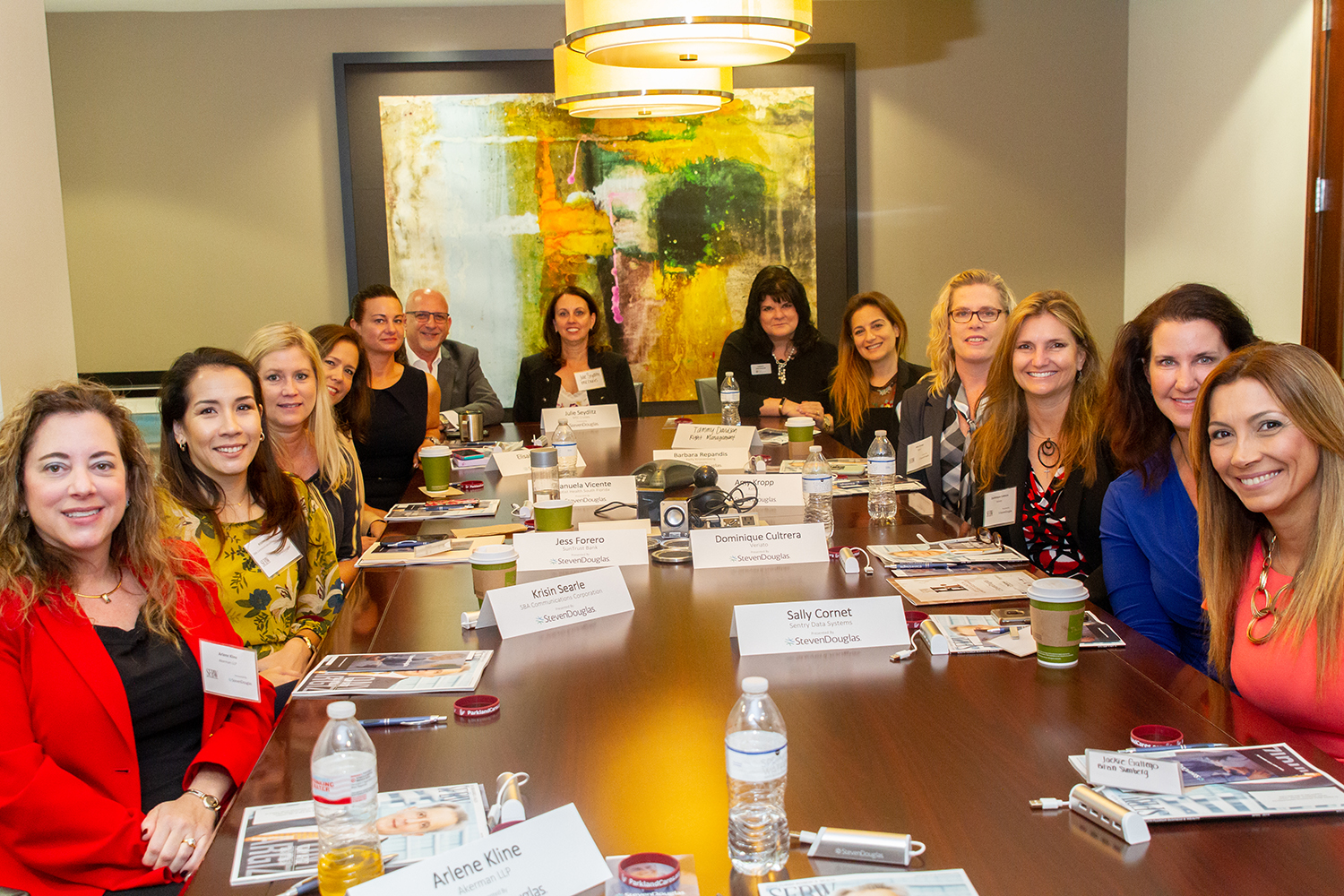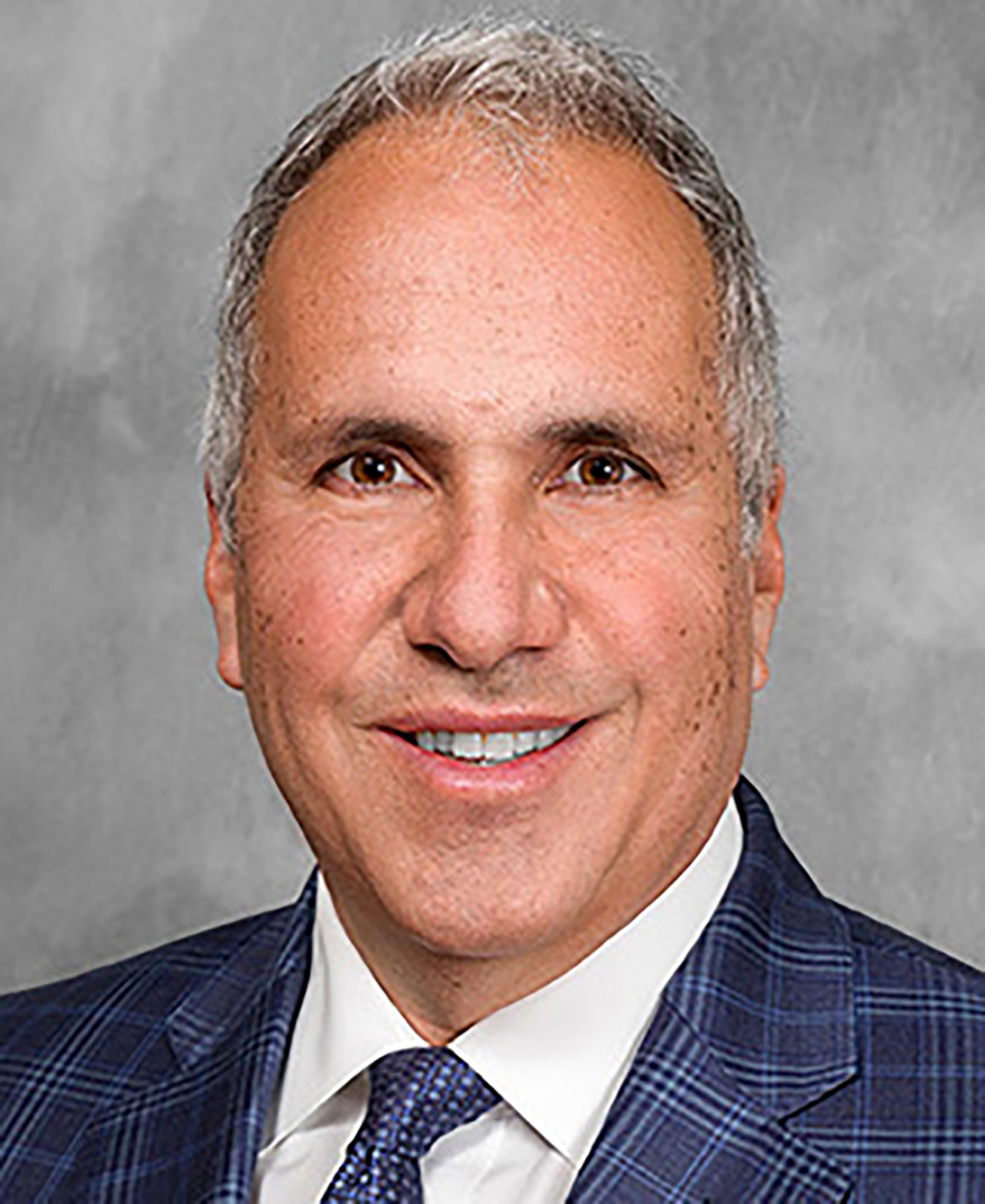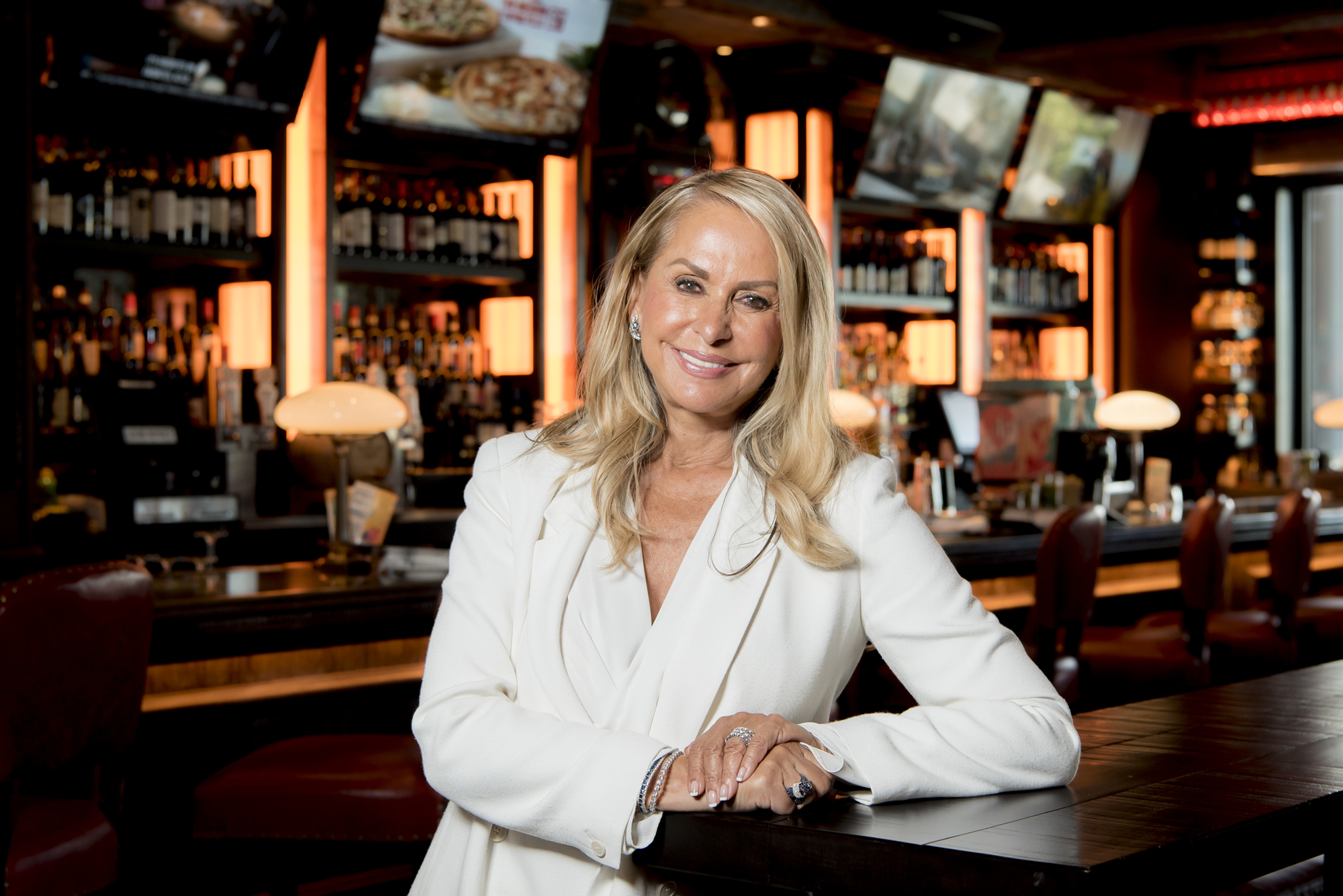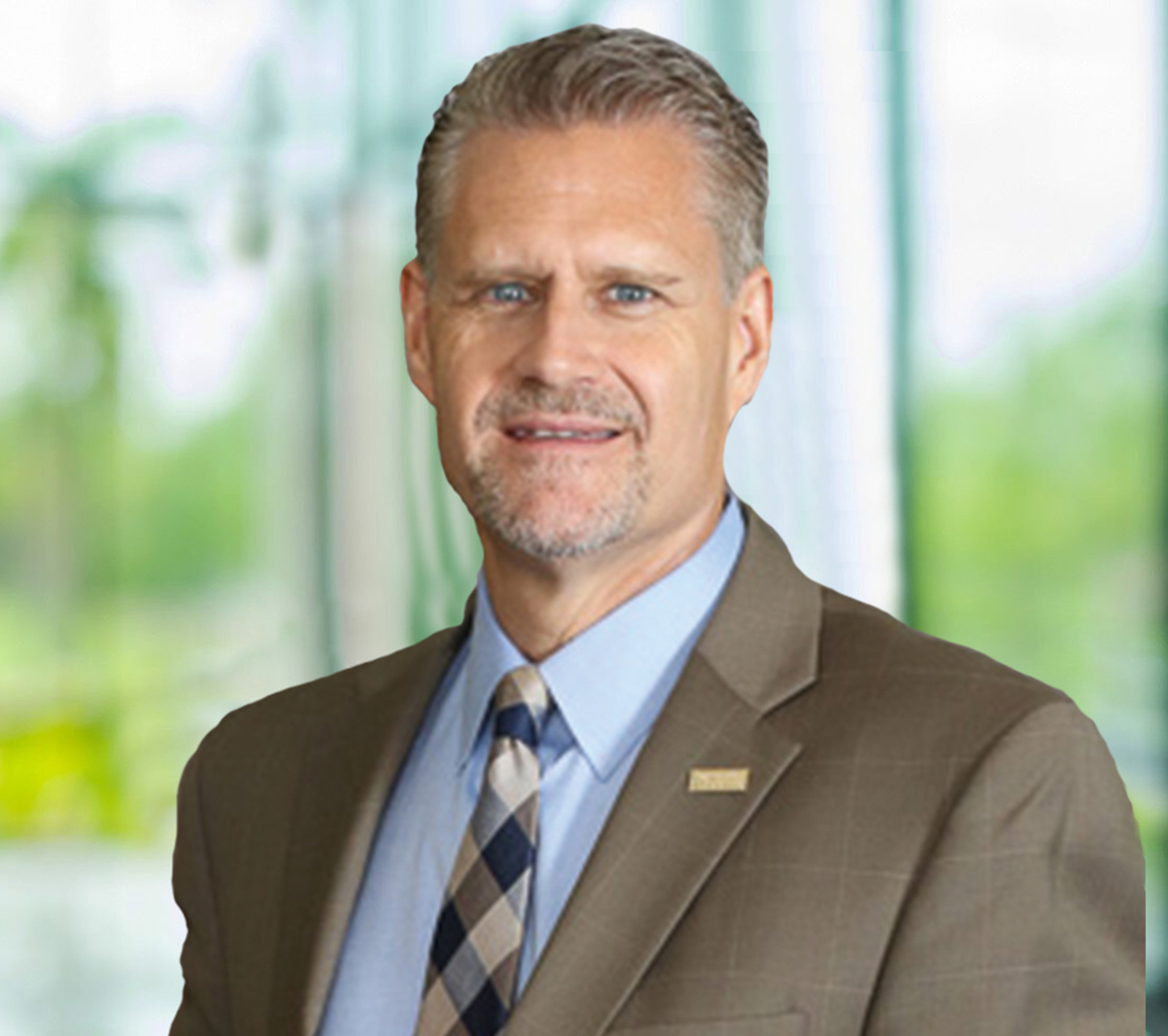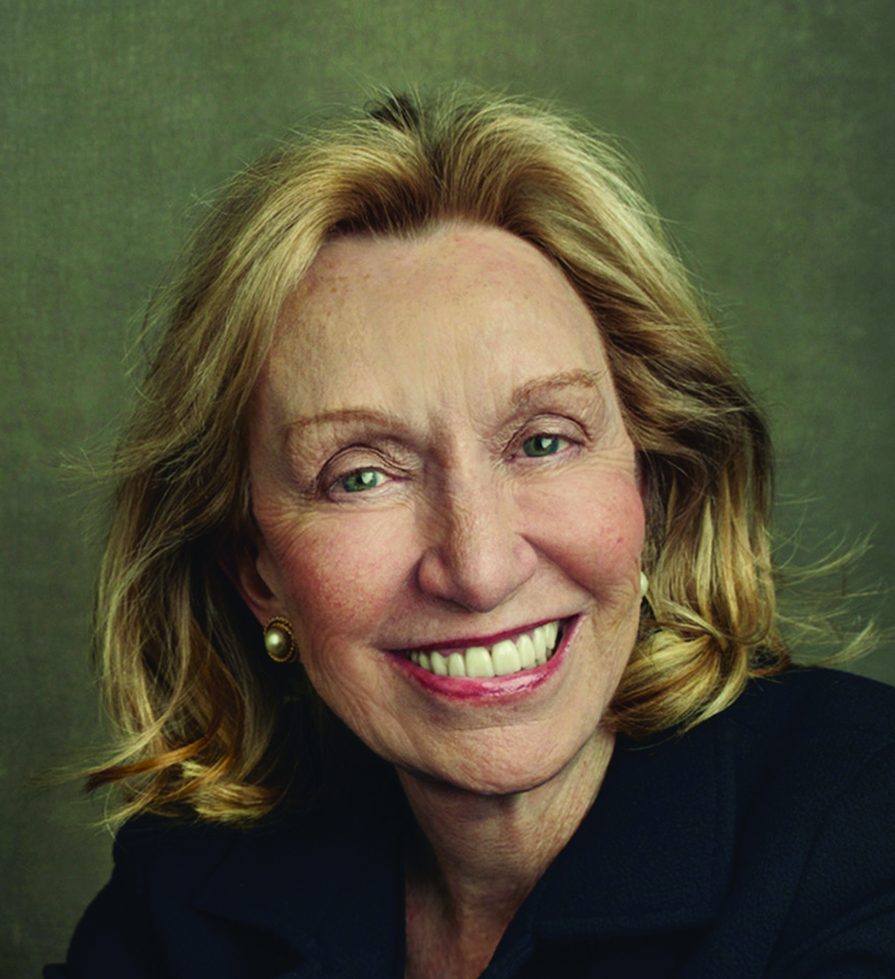Corporate leaders share insights and advice from the C-suite
By Andrea Richard
Recruitment, corporate culture and the multigenerational workforce were the top topics discussed at the March 13 Executive Roundtable, an executive-level luncheon held at Nova Southeastern University’s Davie campus.
Panelists were Paul Sherman, chief financial officer of ABB Optical Group; Craig Mygatt, CEO of SeaLand; Daniel Masvidal, senior director of legal affairs and business operations at CareCloud; and Jeff Mihm, CEO of Noven Pharmaceuticals.
Grove Bank & Trust CEO and chairman Rick Kuci moderated the panel. SFBW is the exclusive media partner. The following transcript has been edited for brevity and clarity. For tickets, visit www.sfexecroundtable.com.
How do you define innovation in your company? How do you look for it?
Masvidal: For us, as a software company, it’s easy to foster a dynamic where innovation lies in your technical departments. Our engineers, coders, developers and people who are designing our products are the people innovating. I think for us, what we’ve tried to do to make change management happen, is making it fun, which is difficult. And, second, I try to make it pervasive.
Innovation is not just about an architecture firm, for instance, having a guy that can design beautiful buildings. It’s not about a car company that can design beautiful cars that can go fast. It’s a lot about the ancillaries, and it’s about the people that take them there that are not brought into the innovation conversation. They are not told they can think outside the box. With my team, I tell them to think about what they are doing every day and how can they do this task better, faster, different and to question if their processes are good. When we are talking about operational aspects, are those people having those same conversations? We need to drive that mindset across our teams. Think different. Everybody has to do this from the guy who is sweeping the floors all the way up to the C-suite.
Jeff, let’s take a look at pharmaceuticals. You’ve got to stay at the top of your game, constantly innovating, and suddenly you are now owned by a Japanese company. How do you see innovation in the U.S. versus internationally? Are they the same, aligned or different?
Mihm: I’d say, for the most part, they are aligned. They haven’t changed over time, and increasingly in our industry, the market is demanding that we bring a product that meets an unmet need. Is it safer? Is it potentially more effective than other treatment options? That’s where we are focused on. To bring a new product to market costs about $2 billion and it takes nine to 10 years.
What happens if someone delivers the same product faster? Do you have to talk to your legal counsel?
Mihm: You have to create a culture where people aren’t afraid to take risks. There’s a lot of failure in our industry and the odds can be against you. There’s only a small fraction that can come to market. So how do you do it smartly? There was a Miami Dolphins coach, Cam Cameron, who had a mantra: “Fail forward fast.” In our industry, that really does have meaning. So if we are going to do this, let’s find ways to identify what works and make those decisions quickly. And if it’s not going to work, let’s kill it and move on to the next. One thing we are focused on: Developing the studies and developing the whole approach so we can make those decisions. Sometimes we do is a study early, and it might fail, but we see that as a success. No one is losing their job at all for that.
Craig, what about innovation in the transportation industry?
Mygatt: Shipping is an archaic business. To innovate might mean something different for us. For us, it is around collaboration. There are a lot of different folks involved, trying to move products, and it’s not that easy. It’s about how we can leverage each other’s capabilities to work together so that it’s a lot easier for our customers at the end of the supply chain. There is so much cost savings that you can get when you work together. We do have a blockchain company, and that has a way to go.
Paul, what does innovation in your company look like?
Sherman: Our customer, we see them as wearing half a lab coat and half a business suit. They go to school to learn to treat diseases, and they come out and are expected to be successful businessmen and women. Innovation to them is more about the various products and technology that enables them to successfully to treat their patients. The way we are changing in our industry is, we are simplifying life for that doctor.
How do you manage a 22-year-old recent graduate?
Sherman: I think most organizations have core values. And most companies will try to help new recruits understand their core values. What we did recently was break that down into what we call “The Law According to ABB Optical Group.” It’s the ingredients that enables somebody to be successful, not just in our company, but probably in others. I think universities could help their students with basic skills such as self-awareness, the ability to job hunt, owning your own development, taking responsibility for communication and not just sitting and waiting for others to come to you, and organization skills. When people just come out of the university system—it’s not just there, but other environments as well—they haven’t been guided, coached on those elements. They can struggle.
Jeff, your company deals with Japanese culture, U.S. culture. What do you observe of millennials working with older employees as well as on the international side of it?
Mihm: We have an interesting workforce at Noven. We have about 350 employees, and half are on the manufacturing side and the others are our PhDs and scientists. The divide tends to be less about the baby boomers versus the millennials. It’s about, how do you communicate with that group? They have very different educational levels and expertise. And how are you inclusive to everyone? That’s a juggling act. On the international side, for the most part, we’ve learned to talk to each other. Japan has a very different culture and society, one that’s hierarchical. It’s very consensus-based. It’s the opposite of a U.S. business model, which is less hierarchical and there’s more top-down decision-making. In Japan, sometimes what we would do in days or hours, it can take weeks or months.
Masvidal: At CareCloud, we have a unique business. We raised over $100 million in venture capital mostly out of Silicon Valley and we are based in Miami. Our CEO and CFO are both veterans of Silicon Valley companies. We are bringing a lot of talent in from California. Our workforce tends to be split; we have our engineers and product people who tend to be in their early 20s and are highly compensated. We have our medical billing specialists who tend to be older and local, and, at CareCloud, they are mostly Hispanic. Last year, we were looking for a new HR director, and I asked, “How would you deal with this, because there’s a dichotomy in the company?” It’s literally two halves, and the areas are separated. So how do you play in those different spaces?
How is it working with millennials at SeaLand?
Mygatt: I think millennials are super-impressive. They know how to speak well, they know how to present themselves well. When we recruit from Florida universities, we have been finding really good people. They are energetic and have great attitudes. If they want to learn, we bring them into our internship program. We are an international company, and if you have the right attitude, you can move up quickly—to Copenhagen, to Africa or wherever you want in the world.
What happens when you have someone working for you, and six months after hiring them, it’s clear they aren’t embracing the corporate culture? How do you tackle that?
Craig: When that does happen, everyone notices it. You can feel it in the environment that they don’t fit in. We don’t have to do too much, because they usually will look elsewhere. If it comes to the point that we have to let them go, we let them go. Most of the time, they will understand the situation. It’s a cultural fit. They could be very good at what they do, but if they have the wrong attitude or just not fit it, most of the time they will move on.
Mihm: When I came into the CEO role, we adopted a whole new set of core values that we call the leadership principles. They are largely modeled after Amazon’s, of being very transparent. We’ve tried to build our business and hire based on those values. If the person is toxic and doesn’t fit, it’s best to move fast and not keep them for too long. I wouldn’t wait two years.
Masvidal: I think that you might be the right person for a company, but it might not be the right time. Or it might be the right time and the right company, but not the right person. We need to have honest conversations. And I think that those who are not succeeding tend to weed themselves out. ♦



